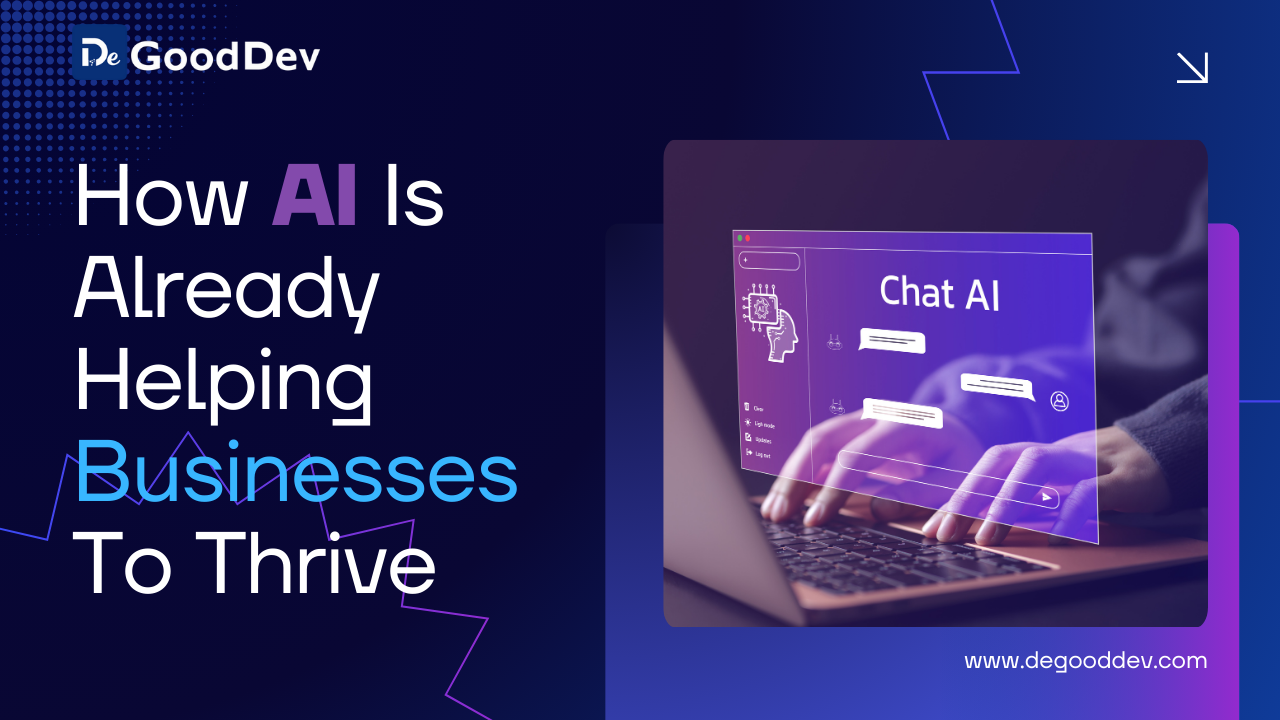How AI Is Already Helping Small Businesses Thrive
Latest News Saturday, November 16, 2024

Artificial intelligence (AI) is no longer a futuristic concept reserved for large corporations with massive budgets. Today, it’s a powerful and accessible tool for small businesses, offering solutions that save time, reduce costs, and improve customer experiences. Whether it’s through chatbots or advanced analytics, AI is transforming the way small businesses operate. Here’s a look at some simple yet impactful ways AI is helping small businesses thrive.
Chatbots have become a go-to AI tool for small businesses. These virtual assistants can answer customer inquiries, take orders, and provide support at any time of day. For example:
Platforms like Tidio or Zendesk AI make it easy for even small businesses to set up a chatbot, offering a professional and responsive experience to customers.
AI analytics tools analyze customer data to help small businesses make informed decisions. These insights can improve marketing campaigns and better target potential customers. Examples include:
By leveraging these tools, small businesses can run more effective campaigns without needing a full-fledged marketing team.
Managing inventory can be one of the most challenging aspects of running a small business. AI tools simplify this by:
This not only reduces waste but also ensures that businesses always have the products their customers need.
Small businesses often lack dedicated HR teams, making recruitment a time-consuming process. AI tools are changing this by:
These innovations allow business owners to focus more on their core operations while still finding the right people for the job.
Managing finances is critical for small businesses, and AI tools simplify this by:
AI enables businesses to create a more personalized experience for their customers. This could mean:
These tailored approaches enhance customer satisfaction and drive sales.
AI is no longer out of reach for small businesses. With affordable tools and user-friendly platforms, businesses of any size can take advantage of AI to improve efficiency, enhance customer experiences, and drive growth.
If you haven’t yet explored AI for your business, now is the time to start. Whether it’s using a chatbot to handle customer inquiries or leveraging analytics to fine-tune your marketing strategy, AI offers simple solutions that can make a big difference.
With AI, the possibilities for small business success are endless. Why not embrace the opportunity and see how it can transform your business today?
0 Comments:
Leave A Comment